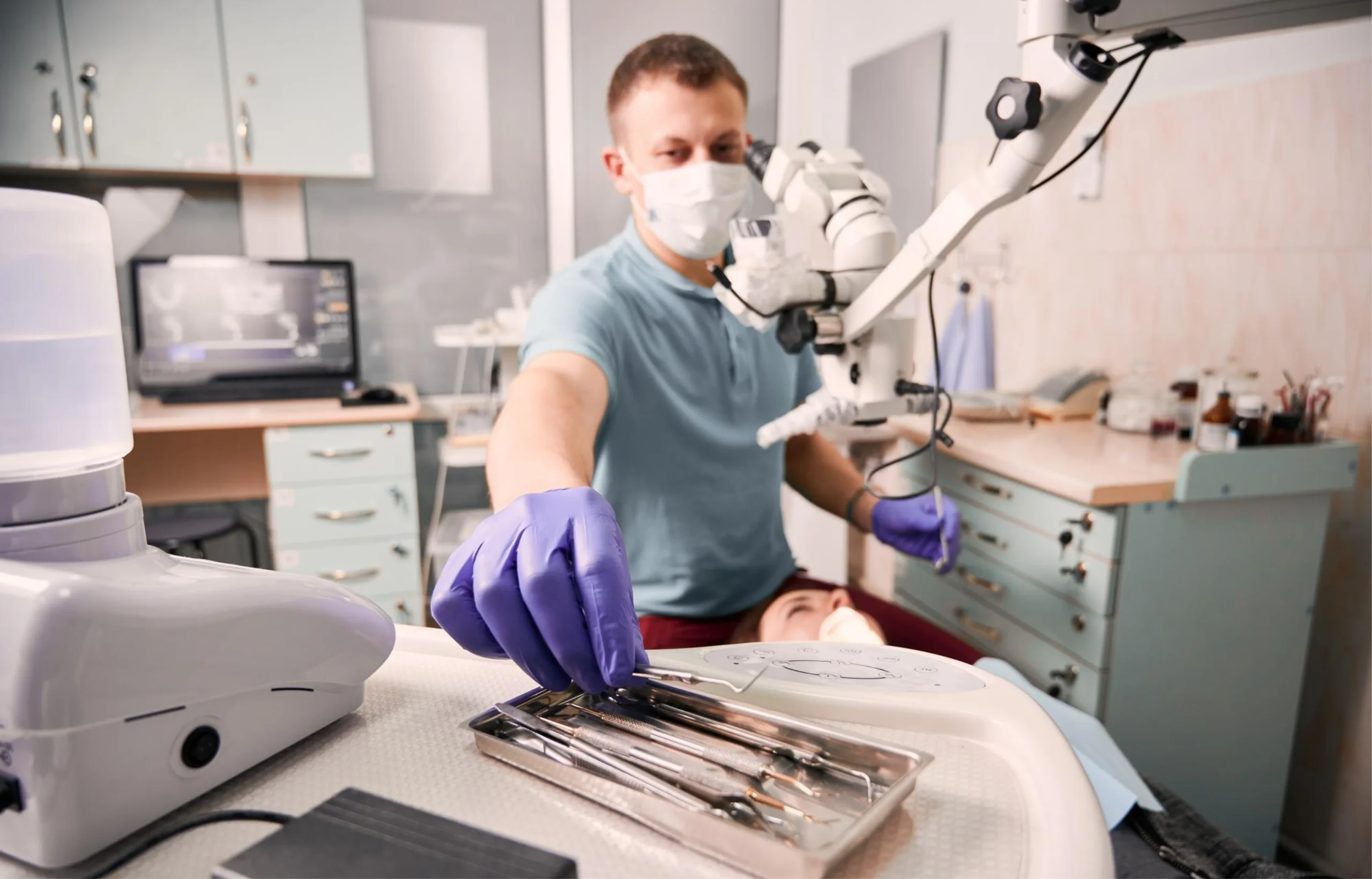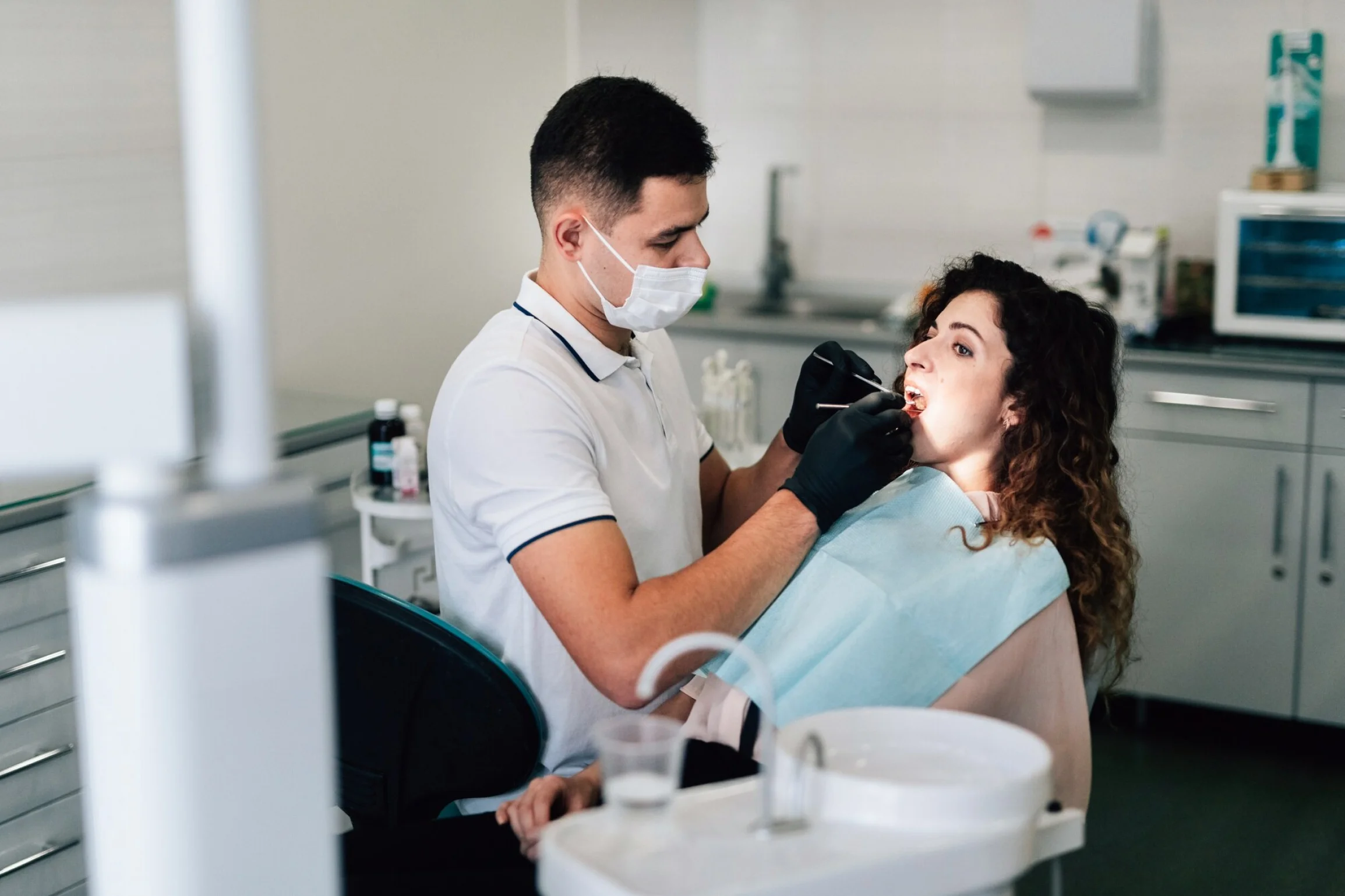Innovative Digital Training Enhances Dental Students’ Competency in Removable Partial Denture Design
A groundbreaking study conducted at the Stomatology College of Chongqing Medical University has unveiled the effectiveness of innovative digital training methods in dental education, particularly focusing on Removable Partial Denture (RPD) design. Traditional training methods have long faced challenges in adequately preparing dental students for RPD design. In response, researchers investigated the potential of a virtual 3D simulation-based training module compared to conventional methods.
The study involved three cohorts of dental technology students. Cohort 1 received traditional RPD design training over seven weeks, while Cohort 2 underwent training using a digital RPD (D-RPD) module based on text and 2D sketches. Cohort 3 experienced a progressive digital training approach, starting with a four-week pilot phase using text and 2D sketches, followed by three weeks of training with 3D virtual casts of real patients.

Following their training, all cohorts underwent RPD design tests based on virtual casts at one-month and one-year intervals. Results showed significant differences in performance among the cohorts. Cohort 3, which received progressive digital training, consistently outperformed the others, demonstrating higher competency levels and retention over time. Conversely, Cohort 1, undergoing traditional training, scored the lowest.
Additionally, the study analyzed the time taken by each cohort to complete the RPD design assessments. While there was no significant difference in time spent among the cohorts at one month, significant discrepancies emerged at the one-year mark. Cohort 3 exhibited the shortest completion times, indicating greater efficiency in RPD design tasks following progressive digital training.
In conclusion, the study underscores the potential of progressive digital training, incorporating virtual 3D simulation, to significantly enhance learning outcomes and improve competency among dental students in RPD design.
For more comprehensive insights into the study, the full research article can be accessed from the link below

©2022 Implident. All Rights Reserved.
